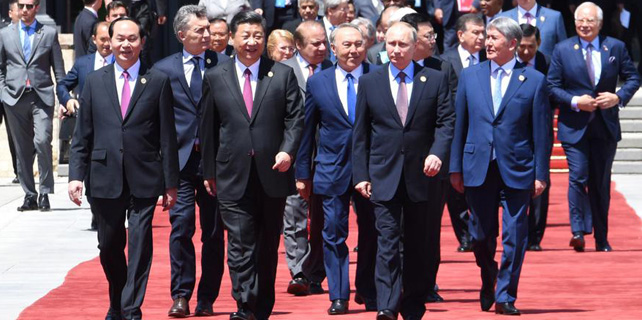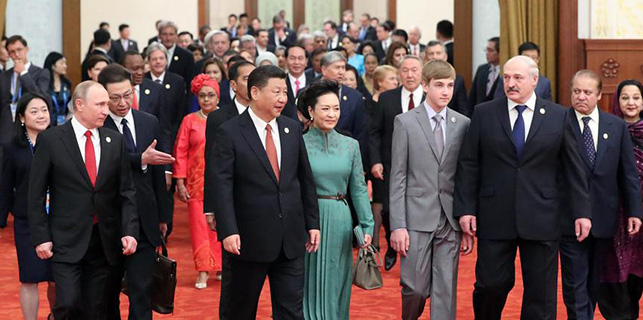Greater global cooperation required to fight cyber crime
The unprecedented global cyberattack that began on Friday has reportedly infected hundreds of thousands of computers in more than 150 countries and regions, including China, where around 30,000 institutions such as universities and gas stations have fallen victim to the WannaCry ransomware, according to Qihoo 360, a leading Chinese internet security company.
The scale of the attack shows that in an increasingly interconnected world, no country should consider itself safe from cyber threats.
So far no clues have been uncovered as to who was behind the malicious software, which locks users' computer files and demands a ransom payment of $300 to $600 to unlock them. However, the US National Security Agency must shoulder some of the blame, because the computer virus is based on one of the hacking tools that the agency created for its own use, which ended up in the hands of cyber criminals.
That an agency tasked with protecting citizens from cyberattacks was itself so vulnerable to hackers shows how serious the problem is.
However, concerted efforts to tackle cyber crimes have been hindered by the actions of the United States.
For many years cyber security has been one of the major frictions in bilateral relations between China and the US, with Washington often pointing an accusing finger at Beijing, claiming it is engaged in state-sponsored cyber espionage, although it has offered no credible evidence to support its accusation. As a result, Chinese companies such as Huawei Technologies have been effectively barred from the US market.
This is hypocritical of the US, to say the least, because no other country has mounted such wide-ranging, costly and long-term surveillance operations in the history of the internet as the NSA's PRISM and other spy programs. Among other things, the latest cyberattack should instill greater urgency in China's efforts to produce its own core technologies, as President Xi Jinping has urged.
It should also prompt the world's two top economies to engage in more meaningful dialogue on cyber security. In fact it is imperative that countries and security agencies around the world work together to better fight cyber crime and other cyber threats as China emphasized in a cyberspace plan of action released in March.
Today, our social and economic activities increasingly rely on the internet, which calls for enhanced coordination and communication around the world to eliminate vulnerabilities and make it more secure.
After all, cyberspace has no borders. Cooperation, rather than confrontation, is the only way out to make the virtual world a safer place for all.
(China Daily USA 05/17/2017 page11)







